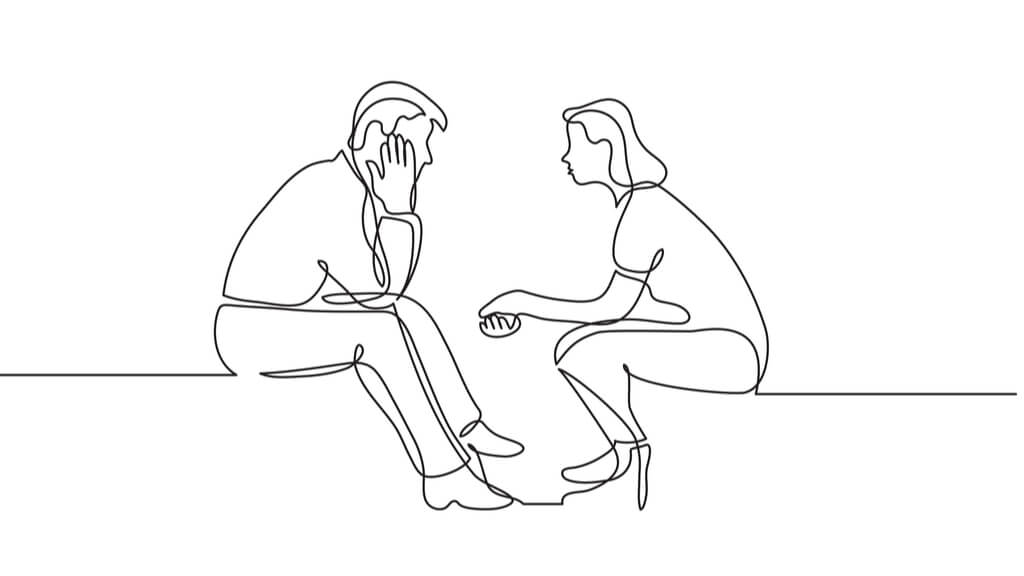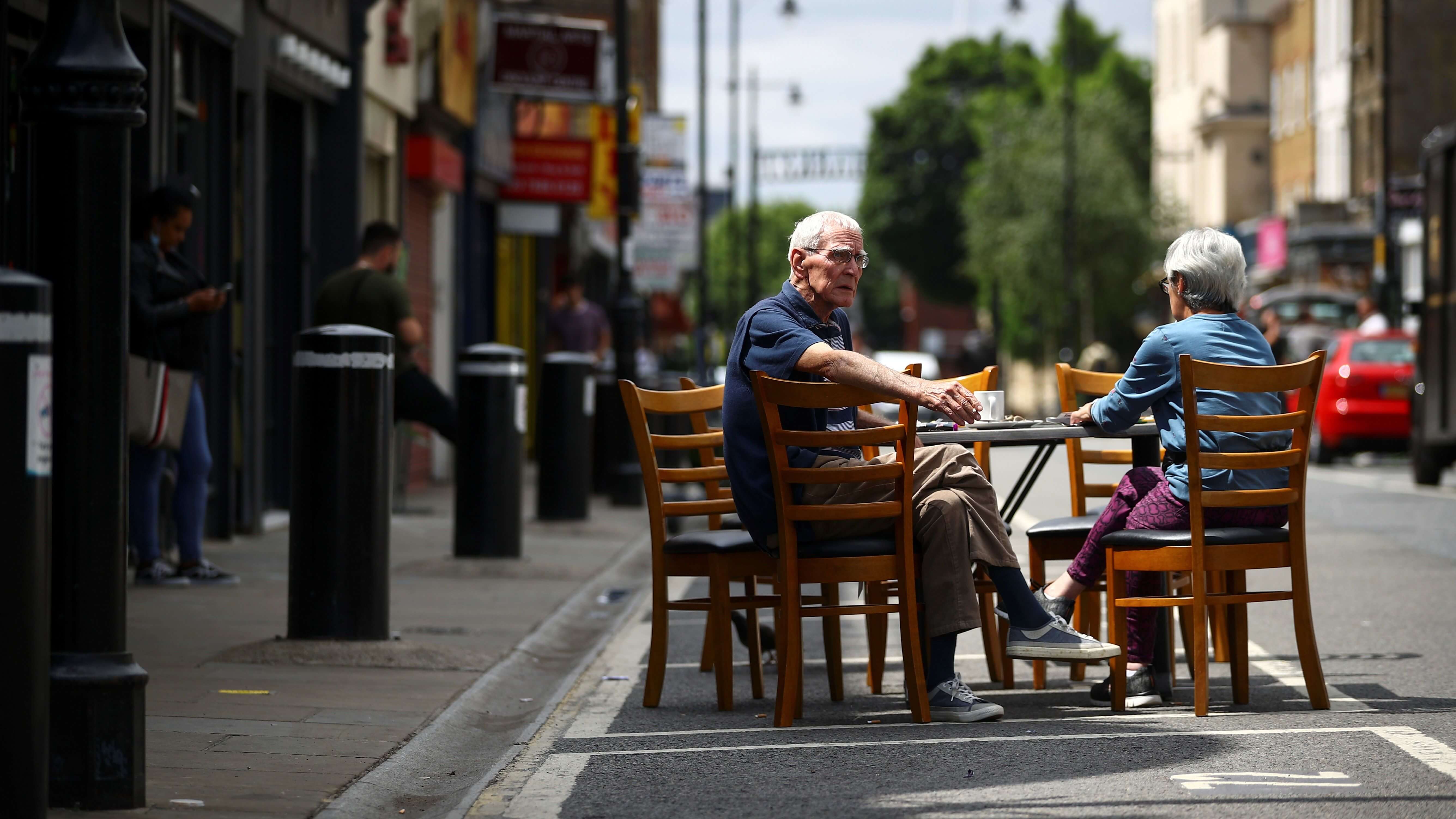Employers should also be required to report on the ‘mental health pay gap’ and on flexible working requests, a report has said.
Mental Health Sufferers ‘Worried About Post-Lockdown Return To Office’
Employers should also be required to report on the ‘mental health pay gap’ and on flexible working requests, a report has said.

People with mental health conditions are more likely to be worried about returning to the workplace when coronavirus restrictions ease than the general population, research has found.
More than four in 10 (43%) people with mental health problems said they are worried about returning to their usual working arrangements after lockdown, compared with 30% of the wider workforce, according to the Mental Health and Income Commission.
The commission is a panel of experts from the worlds of business, politics, trade unions and mental health.
It was established by the Money and Mental Health Policy Institute, which is an independent charity set up by consumer champion Martin Lewis.
Research for the commission found that typical income for people with common mental health conditions is £8,400 lower than for the rest of the population, leaving this group particularly exposed to financial hardship during the pandemic.
It also highlighted a lack of flexibility in some workplaces.
Two-thirds (68%) of people with mental health problems who had ever asked an employer for reasonable adjustments said their requests were either rejected (20%) or only partly met (48%).
Nearly a fifth (19%) of people with mental health problems said they had suffered workplace discrimination as a result, including being passed over for promotion or being made redundant.
The commission said requiring employers to offer flexible working practices during the pandemic would help more people with poor mental health to continue to work, and would increase income security.
Statutory sick pay should also be made more generous, it said.
Employers should also be required to report on the “mental health pay gap” and on flexible working requests, it said.
The Government should make it mandatory for companies with more than 250 staff to report on the pay gap between employees with mental health problems and others, and the number of flexible working requests denied and granted, the report argued.
Helen Undy, chief executive of the Money and Mental Health Policy Institute, said: “If the Government is serious about ‘building back better’, it must address the employment barriers that are leaving many people with mental health problems dreading a return to normal after the pandemic.
“The way the country has adapted to home working and other flexible arrangements has proved that we can do it. For millions of people with poor mental health, the idea of going back to business-as-usual – and losing this flexibility – is a huge worry.”
More than 2,000 people were surveyed across the UK in December as part of the research.
Minister for Disabled People Justin Tomlinson said: “We understand that some people may be anxious about returning to the workplace after lockdown, but additional help is available for those who need it.
“Access to Work is helping over 43,000 disabled people stay in work, including record numbers with a mental health condition. This free specialist mental health support is also on offer for those who are working from home.
“I would encourage everyone to take up the support available through the scheme.”
The Access to Work scheme is available to help people who are disabled or have a physical or mental health condition stay in employment. It can provide grants up to £60,000 to keep a job accessible.
Thanks for signing up to Minutehack alerts.
Brilliant editorials heading your way soon.
Okay, Thanks!

